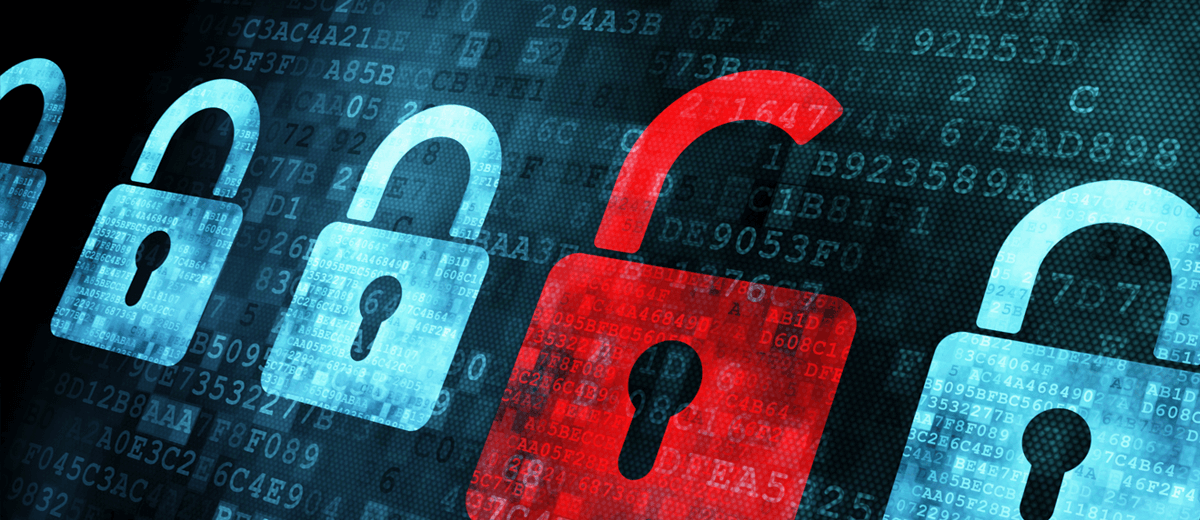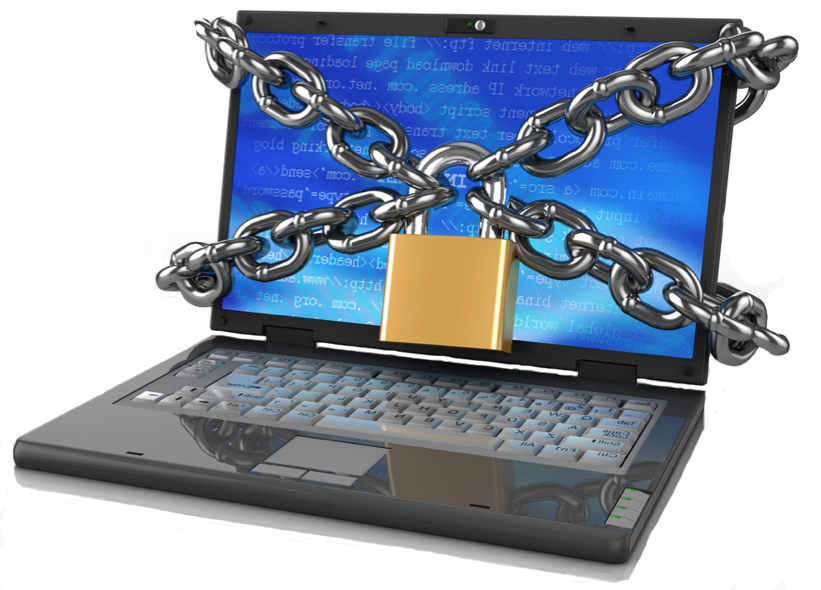Please Protect Yourself

Please protect yourself
Currently, online banking around the world has experienced massive volumes of direct Brute Force Attacks on online banking logins. You need to ensure you have a strong password to help protect your online account from these hackers trying to gain access to your account.
A Brute Force Attack is the simplest method to gain access to a site or server (or anything that is password protected). It tries various combinations of usernames and passwords again and again until it gets in. This repetitive action is like an army attacking a fort. The stronger your password, the harder it is for a hacker to get it.
Hackers like to use this time of the year, as seasonally higher transaction volumes makes discovery harder
The guidelines for setting your new password are:
- Current password must match the one on file

- New password must be 4 to 8 characters
- Use a combination of lower and UPPER case letters and numbers
- Passwords are case sensitive
- Re-enter your new password (New password in both fields must match)
Do not use:
- A password you use for any other service
- Your name or a close relative's name
- Your birth date, telephone number or address, or those of a close relative
- Your KCCU member number (account number)
- Your card number
Tips to help protect your online account.
- Change your password regularly and use a strong password with at least 8 characters, combining random letters and numbers. Always avoid using any common words, phrases or number combinations and never create a password that contains your name, initials, address, date of birth or other personal data that could be easily guessed or cracked.
- Memorize your password and security questions/answers. Do not write your passwords down
- Be sure not to share them with anyone. Not family, friends or even KCCU. We will never ask you for your confidential information via phone or email. All the safeguards in the world will not help if you give your personal information away.
- Ignore the ‘remember password’ option.
- Keep checking your account regularly to ensure all transactions posted are ones you authorized. Report any fraudulent or suspicious activity to your branch immediately.
- Do not use the same password for online banking that you use for other online accounts and sites
- Do not use public computers or public WI-FI to do your banking, including those at libraries, internet cafes, coffee shops and schools
- Make sure you log out of online banking each time you finish, especially if you find it necessary to use a public computer
- Keep your computer, and access to it, secure. Most people think their computers are secure, but they can actually be at risk. Be sure to keep your licensed anti-virus software up-to-date.
- Do not access your online account by clicking on a link in an email. Access online banking only from the home page of our website or by typing the URL directly into the address bar. That way you know the site is legitimate. You may even want to bookmark the site for future visits
- Look for the secure padlock on the browser window (might be in the bottom right or part of the URL address at the top) and ‘https’ in the address line to make sure your information in encrypted. You can also double click the security padlock to verify the security certificate.
- Check for anything unusual, unprofessional or out of place like a slightly altered domain name, imperfect logo, or urgent account verification request. Copycat websites deliberately use names, URLs and web pages that are very similar to legitimate financial institutions.
- Keep your system up-to-date. Whether you are using a laptop or desktop computer to access the internet, make sure you are downloading appropriate updates and keeping your system up-to-date. Some Trojan horse virus only work on older out dated software, so your computer will be more vulnerable to attack when it has not been updated.
- Set up Alerts on your account so you will receive notification when certain activities occur on your account. These alerts can be customized to your needs and wishes. Example of alerts can be when the account balance drops below a certain amount, or a transaction exceeds a certain amount.

